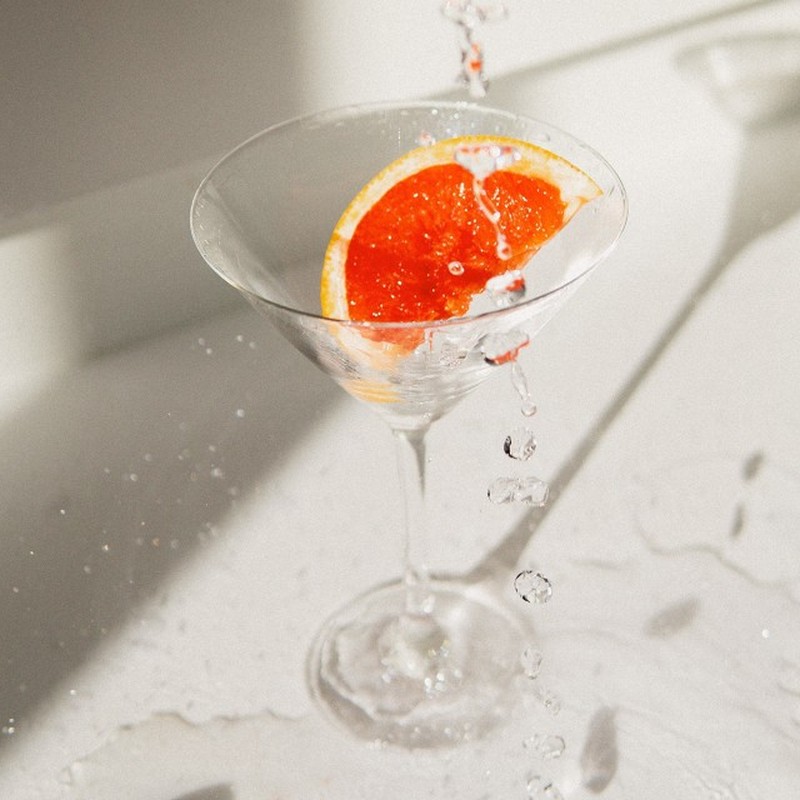A Nutritionist’s Guide To Drinking Alcohol
Choose Red Over White
“The old adage that a glass of red wine a day will keep the doctor away may ring true. Red wine is considered nutritionally superior to white wine due to the antioxidants found in the skin of the grapes, namely resveratrol and flavonoids. Studies suggest these antioxidants can support cardiovascular health, and lower cholesterol and inflammation. However, that doesn’t give you a free ticket to drink copious amounts of red wine. In fact, drinking more than 125ml per day can negate the health benefits due to the high alcohol content.” – Vanessa Tucker, nutritional therapist at Wild Nutrition
Buy The Best You Can Afford
“Drinking a mass-produced wine – loaded with chemicals and preservatives – is often like consuming a processed ready meal. Often, it’s not the wine that’s the problem; it’s the commercialisation that has changed its nature. Commercially produced wines, even fine wines, can be full of chemicals used for colour, aroma, texture, shelf stability and to keep costs down. They also tend to contain commercial yeast and added sugar. Drinking a natural or organic wine eliminates or reduces your exposure to these chemicals, and may make a hangover less intense. Non-organic wine can contain up to 70 added ingredients, which have been linked to headaches, diarrhoea and atopic conditions such as asthma and eczema, so go organic if you experience any of these issues after drinking.” – Jane Mostowfi, nutritional therapist
Be Sugar Savvy
“Just because a drink is lower in alcohol doesn’t mean it’s free from sugar and calories. Flavoured ciders, for example, can be full of sugar. A 500ml bottle of strawberry and lime Rekorderlig, for example, contains 48g of sugar – equivalent to 12 teaspoons. Meanwhile, liqueurs like Bailey’s contain nearly five teaspoons of sugar per 100ml. The same goes for cocktails – be careful with what you order. If in doubt, ask for less sugar or sugar syrup when you are ordering and avoid those based on fruit juice. A bloody mary is naturally low in sugar, and a mojito can be made healthier by using a sugar substitute like xylitol.” – Kim Pearson, nutritionist
Choose Dry Champagne
“If you enjoy champagne, brut nature is the lowest sugar option, containing less than 3g per litre, followed by extra brut. In fact, if you are going to have a drink, a glass of dry champagne isn’t a bad option.” – Kim
Go For A Lighter Option
“The higher the alcohol content, the harder your liver has to work to eliminate the alcohol, and in the process you use up valuable nutrition stores. The lower the percentage of alcohol, the better it is for your liver and therefore your hormonal health, energy levels and body fat. Remember the liver is the body’s largest fat burning organ. When we drink, the liver stops all other jobs – including detoxifying hormones and burning fat – and prioritises breaking down alcohol instead.” – Vanessa
Try A Healthier Mixer
“A good quality, unflavoured gin or vodka with a quality slimline tonic is a clean option – I rate Skinny Tonic, which is sweetened with stevia. You can also try mixing vodka with sparkling water and fresh lime or yuzu juice, which you can find in Waitrose.” – Kim
Know You Can’t Read The Label
“Alcoholic drinks with an ABV above 1.2% are exempt from ingredient lists and nutrition declaration requirements. This means that when you buy an alcoholic drink, it's hard to know exactly what’s inside the bottle. For example, when it comes to wine, many people assume it’s just grapes, but a large number of different agents can be used in the winemaking process. Producers can use animal products like egg and gelatine in the refining process meaning your wine may not be suitable for vegetarians or vegans. There can be a significant difference in quality between big commercial producers and smaller boutique wineries. If you can, find a local independent wine shop or buy online instead of at the supermarket. They're more likely to be able to provide you with high quality wines and a greater level of information about the wine you're about to buy. I recommend 7 Springs, Tetbury Wines, Newton Wines and Perold Wine Cellar.” – Kim
Never Drink On An Empty Stomach
“Always have some protein before you start drinking – hummus, nuts, olives and cheese are all good options. This will slow the sugar spike into your bloodstream and prevent weight gain. It will also stop you from immediately grabbing that bag of crisps. If you are at a party or drinking for longer periods of time throughout the day, try to opt for healthy fats and fibre to slow alcohol absorption – try avocado, eggs and greens for breakfast, and snack on nuts and guacamole throughout the day. Also be wary of ‘saving up’ and bingeing at the weekend. If you do have a party or social occasion in the diary when you know there’ll be lots of drinking involved, try to pace yourself and stick one drink per hour. The body is only able to process one ‘serving’ of alcohol per hour, equivalent to a single shot of spirits or 150ml of wine.” – Gabriela Peacock, founder of GP Nutrition
Try A Supplement
“Glutathione is the body’s master antioxidant, and some studies show it can help the body process alcohol. If you have a big night or holiday coming up, consider supplementing with a good-quality glutathione – such as Your Zooki Glutathione – a few weeks before.” – Kim
Ultimately, It’s All About Moderation
“You’ve heard it before, but alcohol can absolutely be part of a healthy diet, so long as it’s in moderation. Drinking every day, and in excess, isn’t advisable, no matter how great the quality of the wine. My clinical recommendation for anyone in good health is to drink no more than two small glasses of wine (or two to three units of alcohol), no more than two nights consecutively, and no more than three nights a week in total. Plus, remember that your first glass is always best – as your tastebuds are more alert – and after that they become desensitised, and you’ll find you don’t get the same enjoyment from consecutive glasses. Keep portions small and savour it.” – Jane
SHOP THE EXPERT APPROVED PRODUCTS...
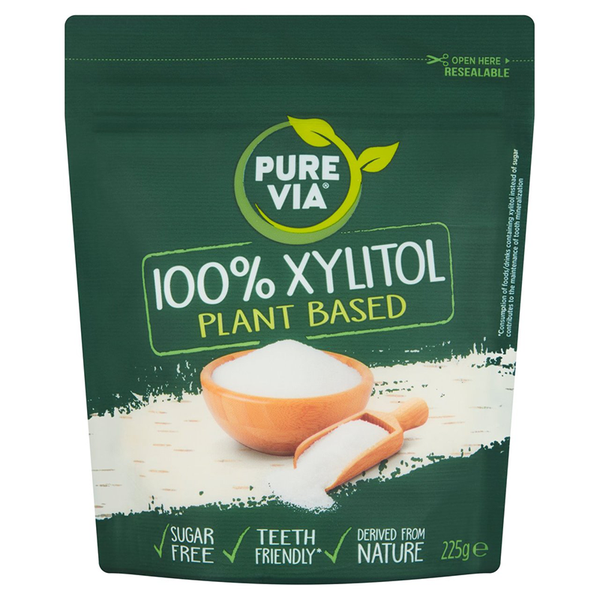
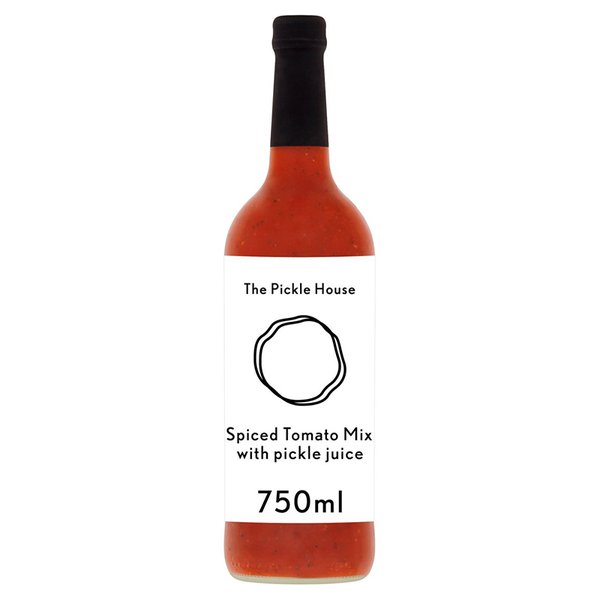
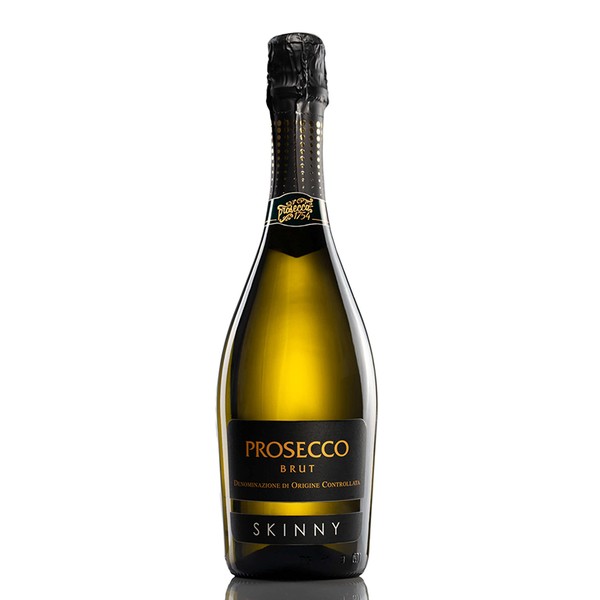
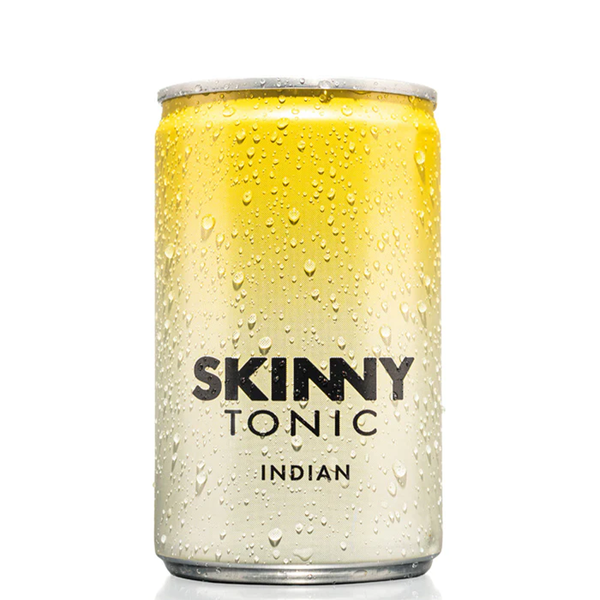
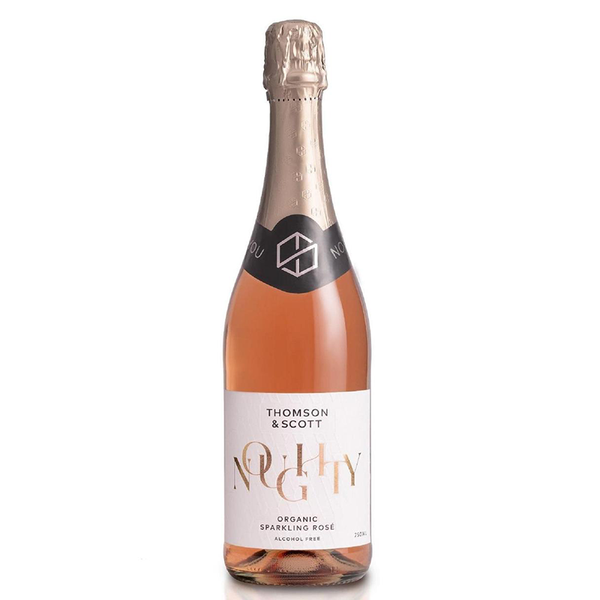
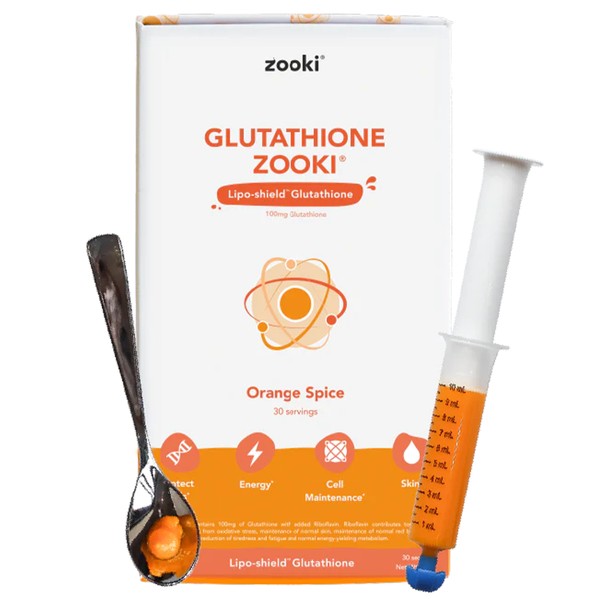
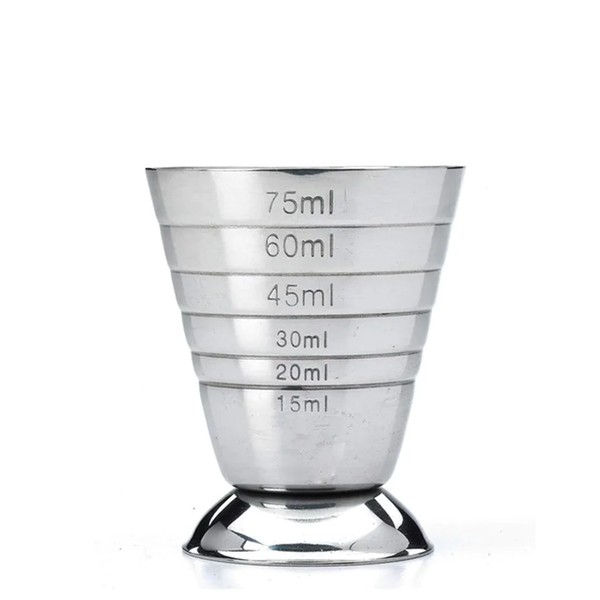
For more information, visit TherapeuticKitchen.co.uk, Kim-Pearson.com, WildNutrition.com and GPNutrition.com.
DISCLAIMER: Features published by SheerLuxe are not intended to treat, diagnose, cure or prevent any disease. Always seek the advice of your GP or another qualified healthcare provider for any questions you have regarding a medical condition, and before undertaking any diet, exercise or other health-related programme.
DISCLAIMER: We endeavour to always credit the correct original source of every image we use. If you think a credit may be incorrect, please contact us at info@sheerluxe.com.
